Humanitarian Governance
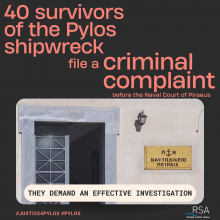
Humanitarian Governance
/
September 19, 2023
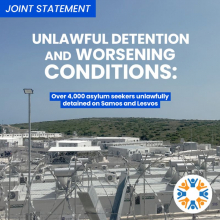
Humanitarian Governance
/
September 19, 2023
Since July 2023, the Aegean islands have experienced a sharp increase in arriving asylum seekers crossing by boat from Türkiye. Between 1 July – 31 August 2023, over 4,000 people were brought to the Closed Controlled Access Centres (CCACs) on Samos and Lesvos and placed into unlawful detention while awaiting registration of their asylum requests.
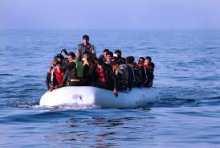
Humanitarian Governance
/
September 01, 2023
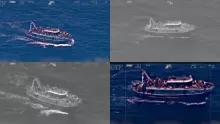
Humanitarian Governance
/
August 03, 2023
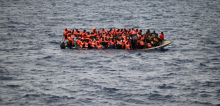
Humanitarian Governance
/
July 27, 2023
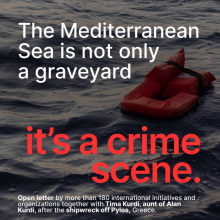
Humanitarian Governance
/
June 20, 2023

Humanitarian Governance
/
May 25, 2023
Médecins Sans Frontières (MSF) expresses serious concerns over the continuous deterioration of the situation for migrants and refugees on the Greek island of Lesbos, where there have been numerous allegations/reports of exposure to violence, such as abductions and pushbacks, detention and deprivation of food and shelter. MSF calls on Greek authorities to investigate reports of hundreds of missing migrants – assumed to be forcibly pushed back to sea – and to implement safe and dignified reception conditions for those who remain on the island.
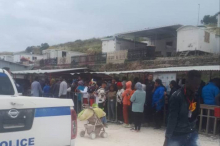
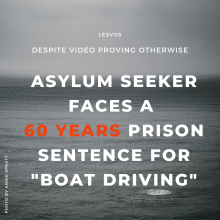
Humanitarian Governance
/
May 03, 2023
JOINT STATEMENT BY LEGAL CENTRE LESVOS, BORDERLINE-EUROPE, CAN’T EVICT SOLIDARITY AND AEGEAN MIGRANT SOLIDARITY
Since 2015, with the increased arrivals of boats coming from Turkey to Greece, thousands of people have faced charges, and people accused or convicted of human smuggling now make up the second largest prison population in Greece. The prosecution of A.B. is unfortunately not unique, as the targeting of migrants as smugglers has become a part of migration management in Greece, and throughout Europe.
Since 2015, with the increased arrivals of boats coming from Turkey to Greece, thousands of people have faced charges, and people accused or convicted of human smuggling now make up the second largest prison population in Greece. The prosecution of A.B. is unfortunately not unique, as the targeting of migrants as smugglers has become a part of migration management in Greece, and throughout Europe.
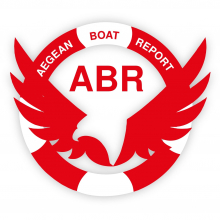
Humanitarian Governance
/
April 28, 2023
